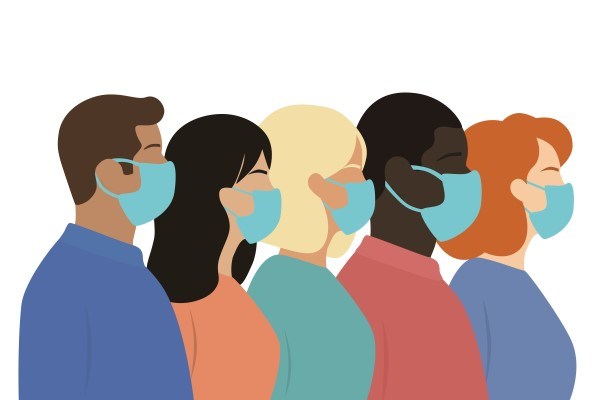The substitute teacher is taking attendance. I mentally prepare a firm, but hopefully not impolite, interjection as she gets to the “M” last names. There is a change in the cadence, and I quickly raise my hand.

“It’s Thuy. That’s me, I’m here.”
What follows is typically a sigh of palpable relief, a flustered remark, or an exaggerated attempt. Regardless of the underlying intention, every instance of this has added to and compounded upon my sense of otherness. I recognize the exchange of cultural familiarity for opportunity implicit in my immigration to the United States, but so rarely does recognition equate to reconciliation; thus, at times, the lack of belonging remains pervasive.
I know there are countless physicians, patients, and others who understand what I mean all too well. Because of this, I am writing from a place of solidarity and hope, rather than for lamentation’s sake alone.
As dedicated leaders in diversity, equity, and inclusion continue their tireless work, it is important to highlight how crucial it is that we do not let the component of inclusion fall behind. It is insufficient to promote diversity and encourage equity; we must also advocate for inclusion if we want our seeds to grow. The acknowledgement of an individual and the celebration of their diversity should start with a wholehearted attempt at correctly pronouncing their name.
If it seems I am creating phenomena from minutia, think about the reactions you get from people you don’t know well when you correctly pronounce their names. Observe how their eyes light up when you unexpectedly address them properly. Think of the semi-familiar patient-care tech, nurse, or off-service resident — sometimes you are rewarded with a “thank you” or pleasant surprise, but regardless of the response, your efforts are always appreciated.
As I work alongside colleagues and take care of patients in the ED, I sometimes think back to those school days when the sheer anticipation of a new teacher encountering my name would bring forth waves of nervousness in me. What I didn’t realize then was this: Perhaps those teachers may have felt the same waves of nervousness as they tried to figure out how to say my name before actually saying it.
I, Thuy Nguyen, take accountability for any previous prioritization of my own comfort above a person’s identity, and I move forward with the understanding that no name is hard to pronounce — I just have not practiced enough. The truth of this statement is reflected in my impeccable pronunciation of “choledocholithiasis” and “dysdiadochokinesia.”
I hope you will consider doing the same, and I hope you will do this without embarrassment in not getting a pronunciation right the first time, or having to ask for a few clarifications. The beauty of diversity lies in the challenge. When you make a genuine effort, preconceived landmines are, in reality, an opportunity to include others and a slow but persistent dismantling of exclusion. A rose by any other name would smell as sweet, but that should never negate the importance of a name.



